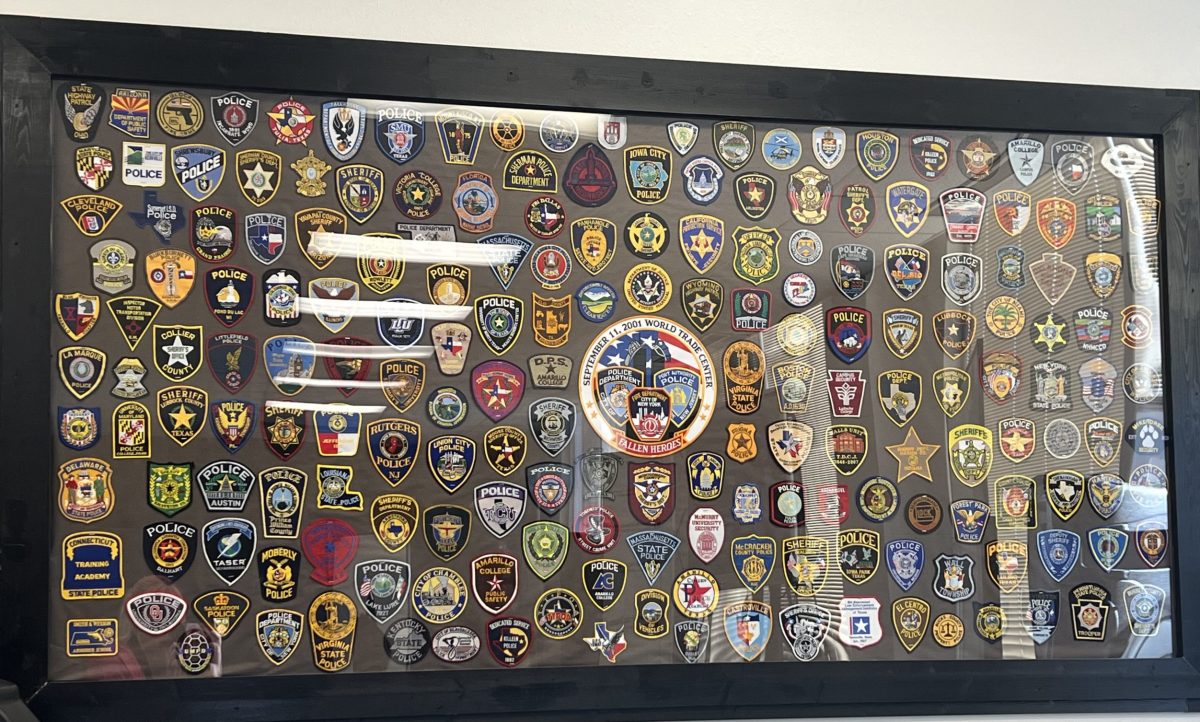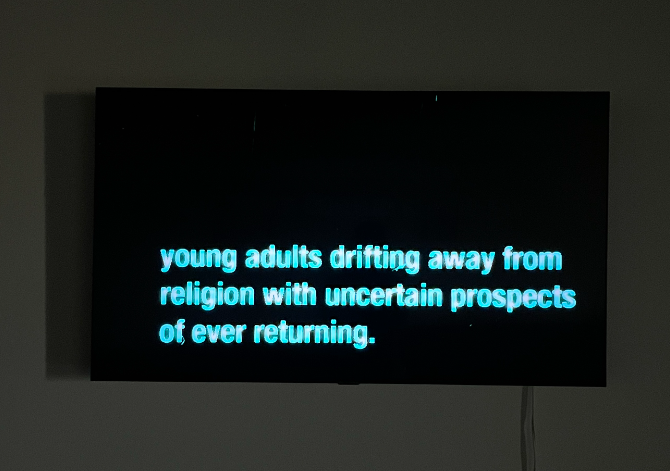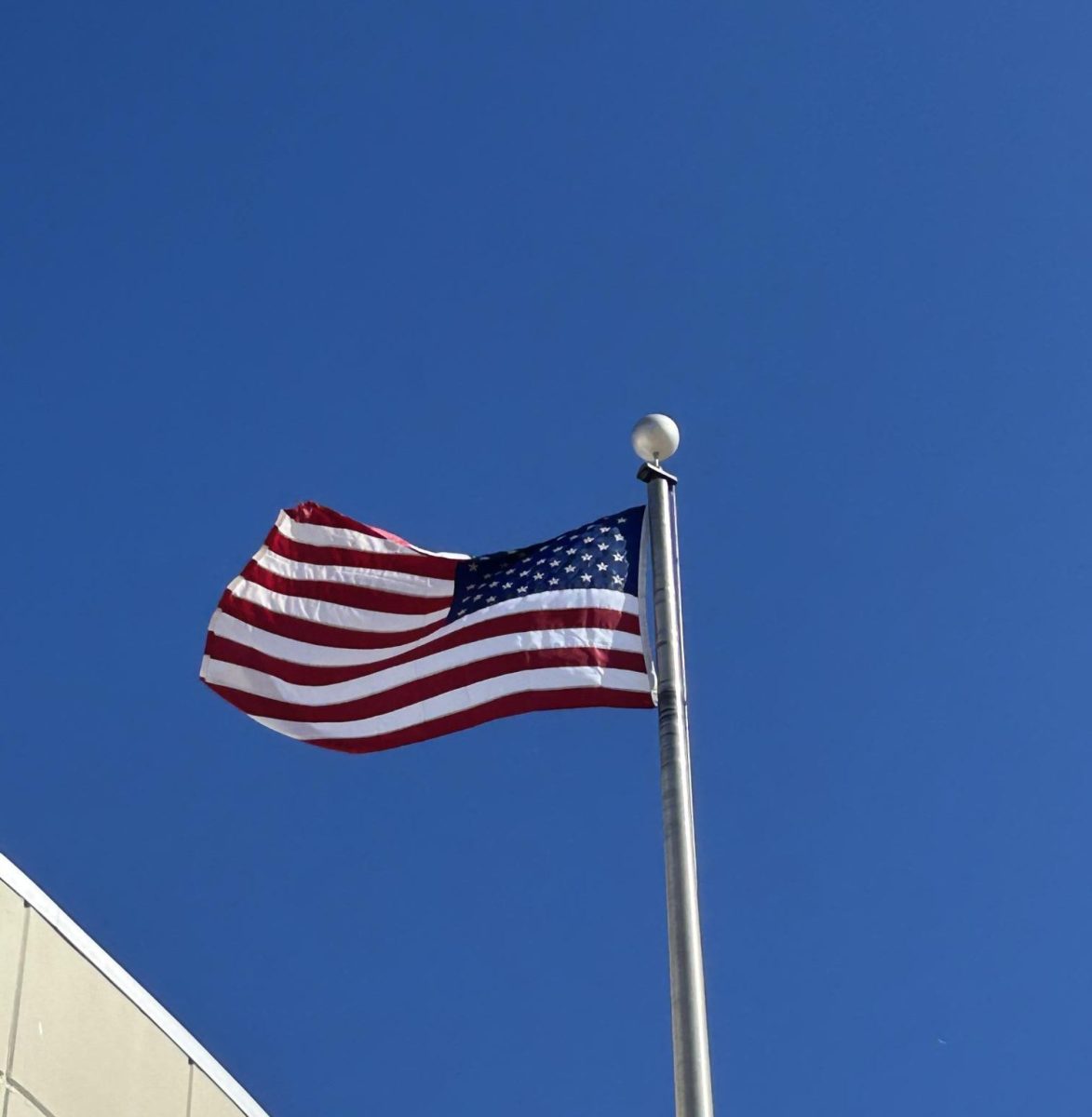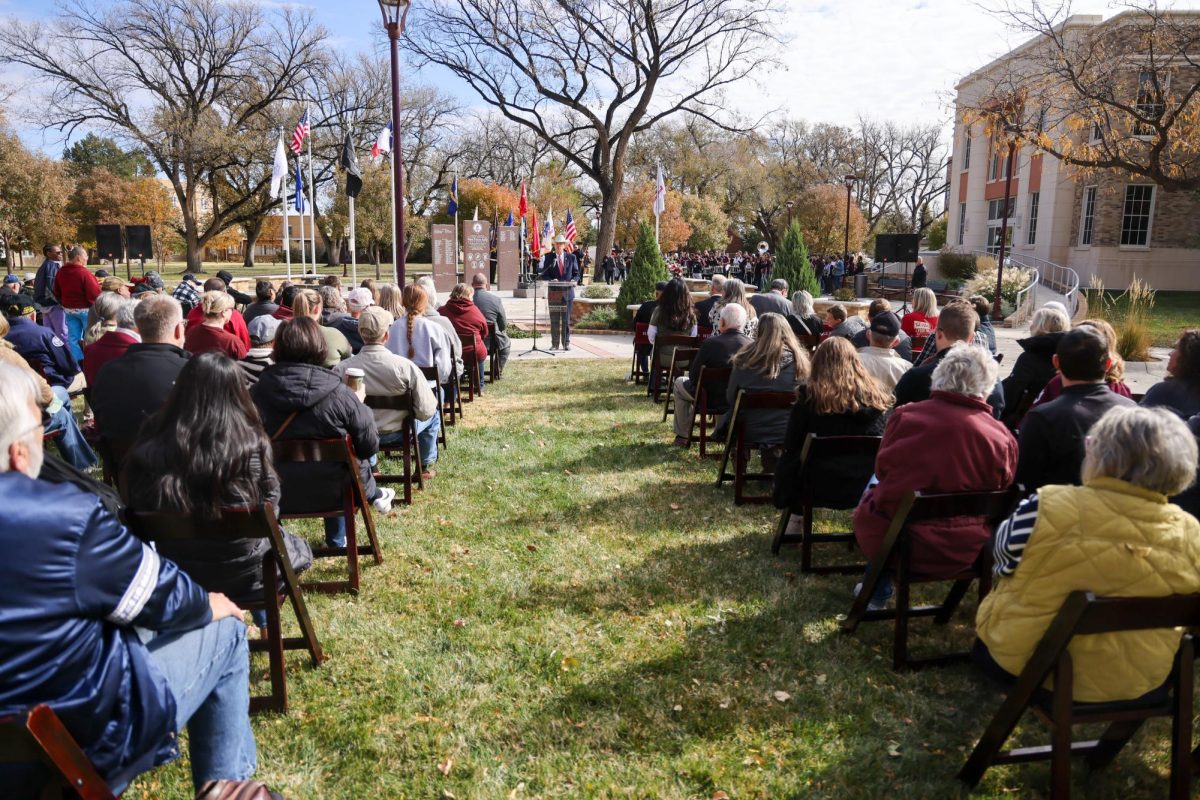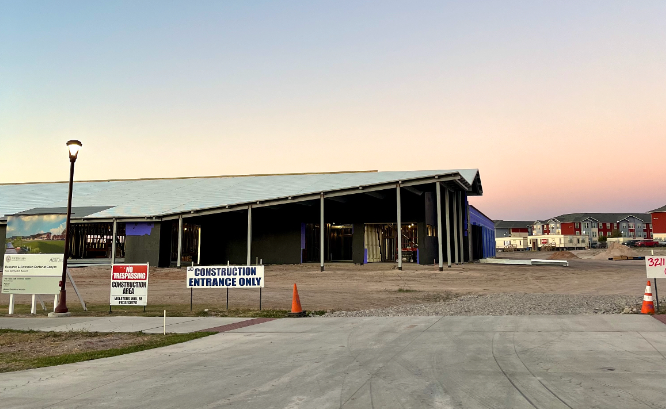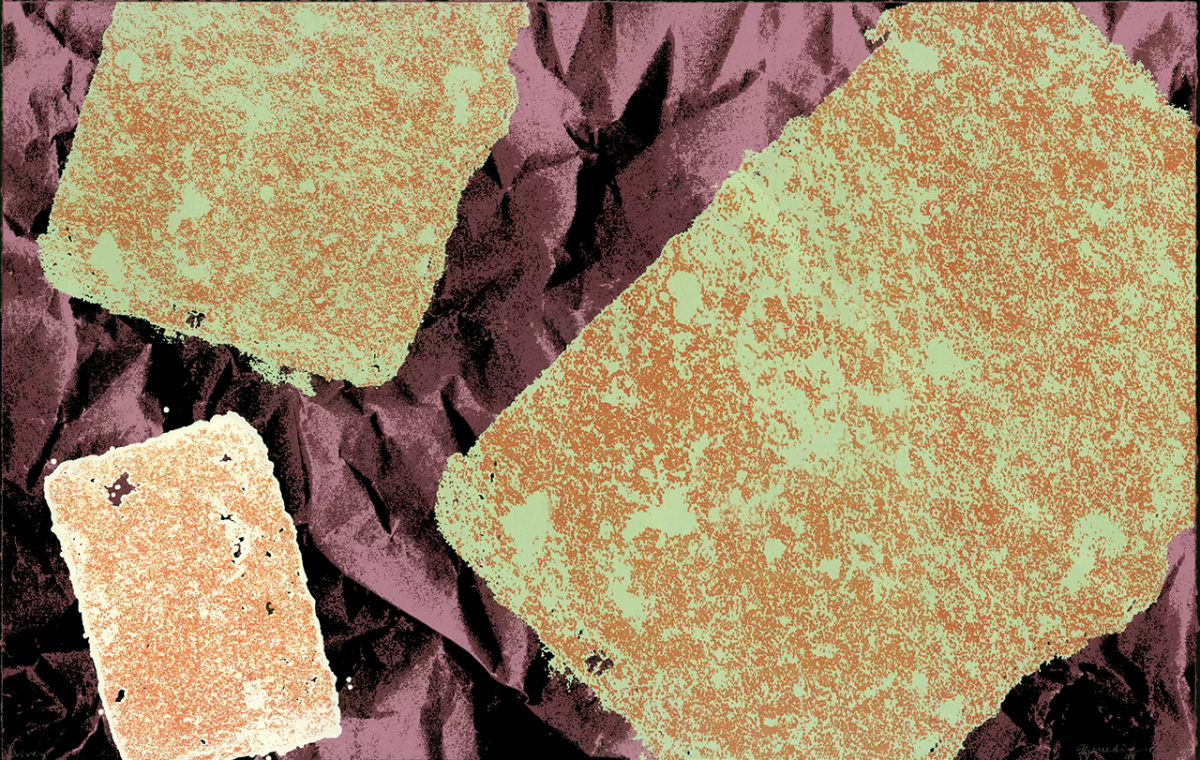The West Texas A&M University Police Department hosted the Civilian Response to Active Shooter Events (CRASE) training at 9 a.m. on April 4 in the UPD Classroom in the Old SUB. Emergency Management Sergeant Justin McBride led the training presentation, which included background science on responding to crisis events, physiological responses to extreme stress and some steps to prepare for an active attack event.
According to the training, people often enter a denial phase at the beginning of an event, like dismissing the sounds of gunshots as fireworks. This can delay the process of thinking about the next steps and deciding upon moves in a crisis.
“The faster we can move from the denial phase to the deliberation phase to the decisive moment phase, the quicker we react and the quicker that we can actually take action and remove ourselves from the situation,” McBride said.
The CRASE training follows the avoid, deny and defend model. The first step, avoid, involves having an exit plan and removing oneself from the threat as soon as possible.
“If you can get out of the building and you don’t hear gunshots, if you know the attacker is not at your location, get out,” McBride said. “That is the safest thing for you to do. Just leave; leave campus, go home, go somewhere, just get off campus. Leave the grocery store, leave if you know the attacker is on the other side of the grocery store. Go through the back of the supermarket. Get out somehow. Know your exits, and call 911 as soon as you can get out of there.”
If exiting the area is not a safe option, the next step is to deny: find a defensible location, lock the doors, and stay out of sight.
“We want to supplement that with a barricade: heavier is better, more is better,” McBride said. “It’ll work because the attacker is looking for a body count. He’s not going to spend time trying to get through a barricade to get to your location because he knows we’re coming.”
If the avoid or deny options are unavailable, the final option is to defend.
“You guys don’t need to fight fair; you need to fight to survive,” McBride said. “Fight with extreme aggression. Do not stop until you know that it’s contained.”
The training began on the topic of the “Don’t Name Them” campaign, a movement to encourage news media to avoid giving notoriety to perpetrators of mass violence. Instead, the training included the names and stories of some survivors of active attack events and some who lost their lives defending others.
There will be additional CRASE training on April 18 at 1 p.m. and April 25 at 3 p.m. in the UPD Classroom in the Old SUB.



